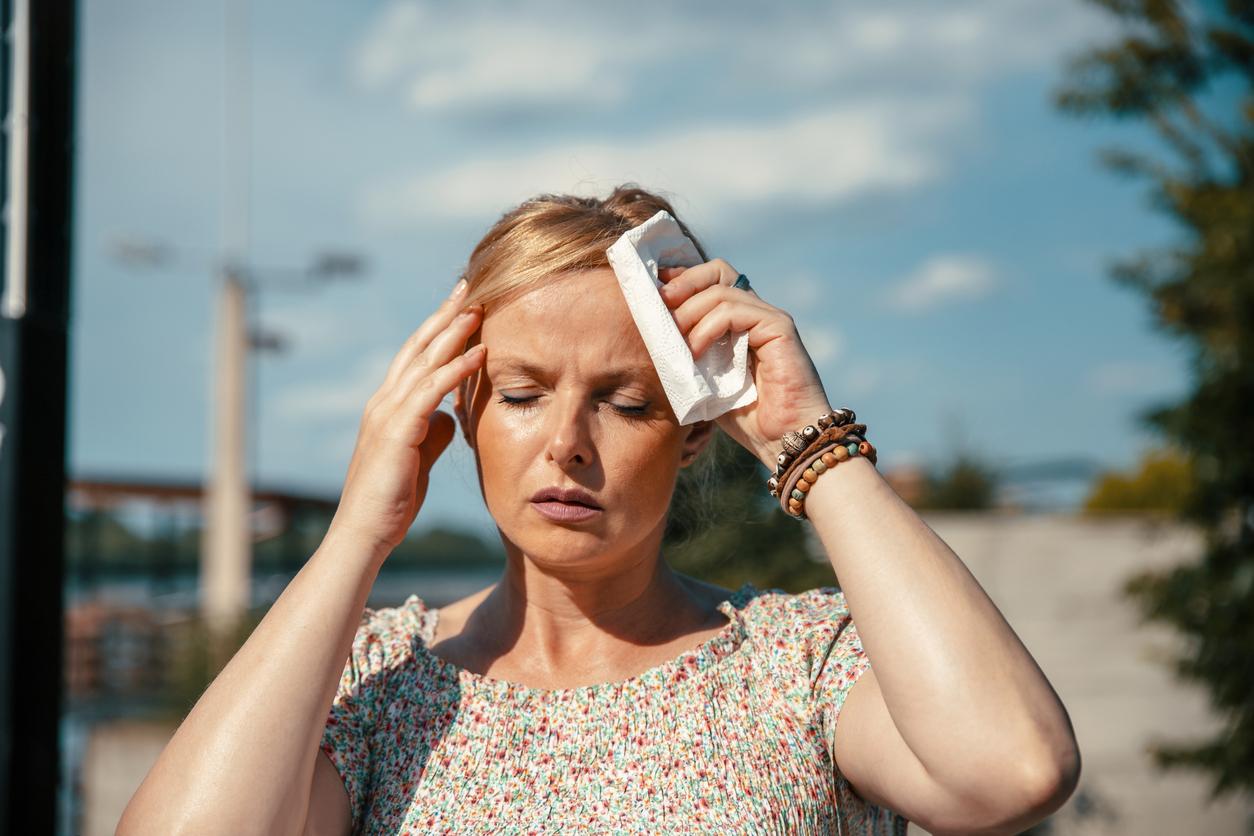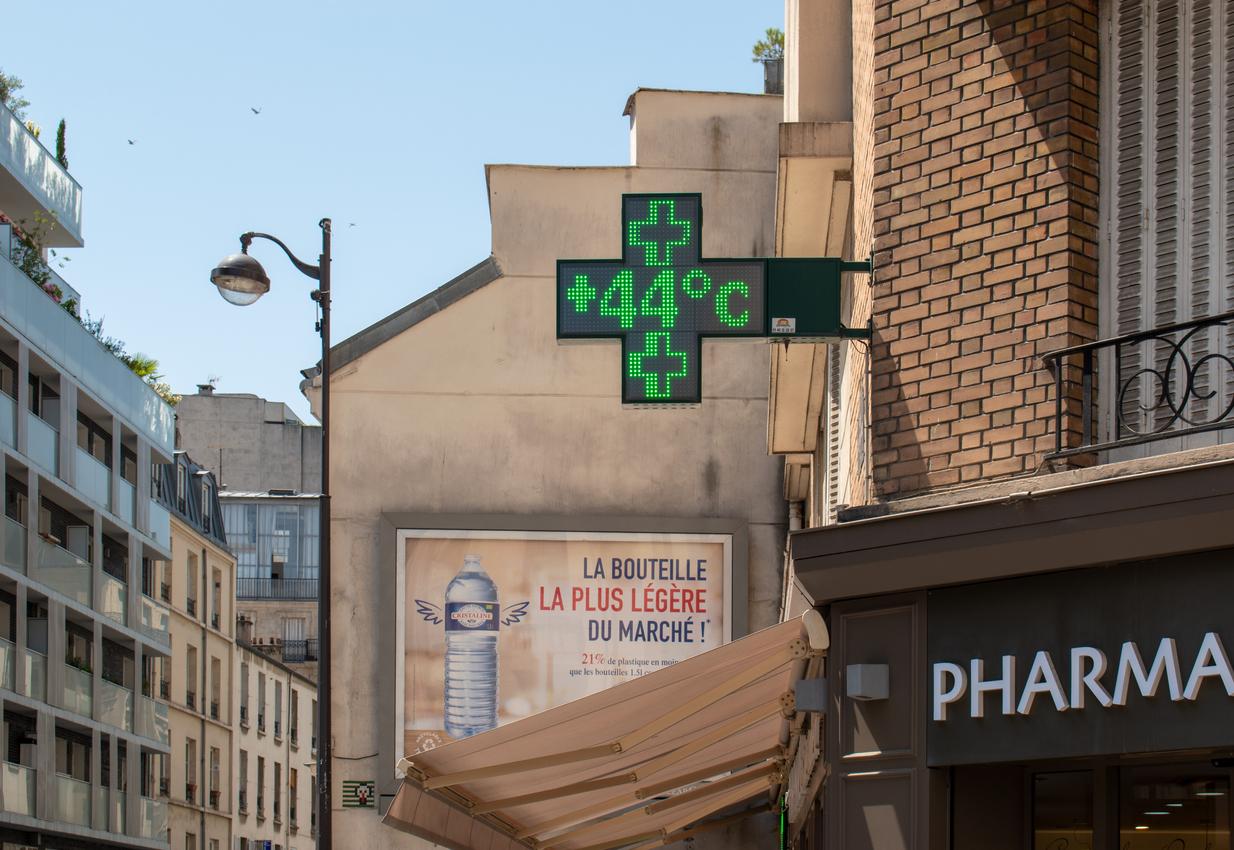The authorities of many countries are forced to take drastic measures to deal with the heat waves which surge. The European record temperature of 48.8°Crecorded in Sicily in August 2021, could even be exceeded soon, according to the European Space Agency.
Wildfires have swept through parts of Spain, while Greek and Croatian authorities have warned of power cuts as millions turn up their air conditioning.
Heat waves also affect the human body. This is why heat kills every year. Brain, muscles, heart or lungs… All your organs are affected when temperatures rise.
During a heat peak, the body triggers coping mechanisms as the sweat. When your body temperature exceeds 37°C, your body activates thermal regulation mechanisms: it begins to sweat and breathing accelerates. Top Santé reviews the effects on your organs.
Heat affects blood vessels
When you sweat, heat is removed through the released water and water vapour. During this time, the blood vessels located on the surface of the skin increase their diameter. We are talking about vasodilatation.
The heart is the first to suffer from the heat
THE heart is also harmed. During a heat wave, the skin vessels dilate and the blood is distributed towards the extremities. The heart is then forced to pump more, thus increasing the heartbeat 10 to 15 beats per minute more, even at rest.
In case of heat, you also lose more water than you absorb: this is the dehydration. This phenomenon makes the blood thicker and rougher. This makes its circulation more difficult and can be conducive to blood clots and stroke.
Heat also lowers blood pressure.
Impact on muscle function
THE cramps Muscle strains can also become more frequent due to dehydration, as electrolytes and minerals essential for muscle function are lost through sweating.
A decrease in brain volume
In addition, dehydration can lead to decrease in brain volume, which lowers energy levels and can make everyday tasks more difficult. It is no coincidence that studies have shown that car accidents are more numerous during hot weather. Experts believe this is because the heat can interfere with thinking and concentration, making driving errors more likely.
How heat affects the lungs
Breathe from dry, hot and polluted air can impact the respiratory system, causing tightening and narrowing of the airwaysmaking it harder to breathe.
This can be particularly burdensome for people affected by asthma and chronic obstructive pulmonary disease (COPD).
Heat stroke: what are the symptoms that should alert?
” Heat stroke or hyperthermia can cause a range of different symptoms in different people and some of them can be serious “, explains for Top Health, Thomas Kassab pharmacist. Anyone who suffers from heatstroke is in mortal danger. Several signals should alert. We find :
1. A very high body temperature (above 40*.) with reddened skin
2. Intense headaches.
3. Dizziness, lightheadedness and feeling weak.
4. Nausea or even vomiting.
5. Rapid breathing.
6. Rapid and strong heartbeats.
7. For the most serious cases: mental confusion up to loss of consciousness.
One of your loved ones has one of their symptoms in the middle of a heat wave? We must act quickly. To avoid any complications, take your loved one to a cool place or in the shade. Remove excessive clothing if possible. You can also help him cool down with a cold cloth (wet towel, cold compress…). Offer him water in small quantities and regularly.


















